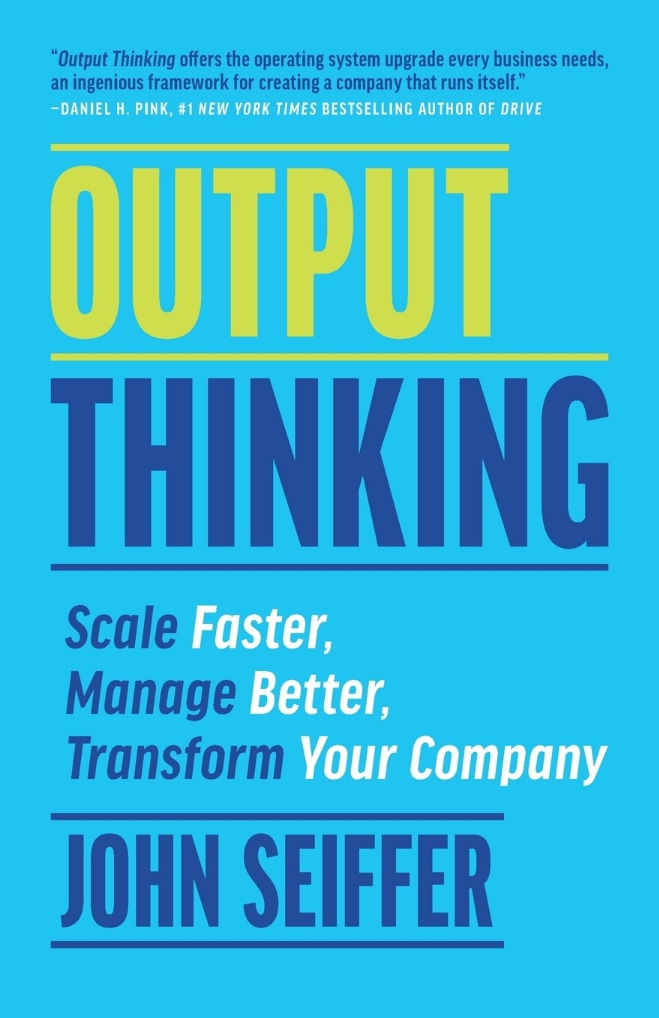Often when people hire me it's because they're frustrated with the repeated failure of an employee. They complain (or vent to say it more gently). That's rarely useful unless it leads to action. But that frustration keeps them from taking action because the only actions they envision are unpleasant.
Have a hard conversation.
Let them go and have to hire a replacement.

But There's Another Way
Failure generally has one of three root causes:
Lack of agreement about what success looks like
This is good news. It's something you as a manger can correct.
Inability or unwillingness to perform
The distinction between these two is irrelevant.
Something unforeseen happened.
Something in your environment changed or something you planned didn't work as expected.
I notice a marked improvement in my client's management skills when we are no longer talking about their frustration with employee failure and have moved on to more strategic topics. (Not to say their employees are all perfect, but they’ve learned better ways to deal with it.) I feel like I should give some sort of certificate or diploma when that happens. Let's look at those causes one at a time - with the most common and most powerful last.
Something Unforeseen Happened
Maybe a piece of equipment broke, maybe a vendor or customer didn't respond as you expected, maybe someone just made a mistake and there was no correcting mechanism in place.
Whatever it is, this is a learning opportunity. Or as it's been called an AFGO - Another F*cking Growth Opportunity. The solution is to get to the root cause of the problem, often using a technique called the Five Whys, and then correcting it. If it's a one-off just fix the problem. If it's repeatable, the work to prevent it from happening again. Make sure this process is documented.
Inability or Unwillingness to Perform
Since we never really know someone else's motivation, you often can't tell the difference. And it really doesn't matter. Your job as a manager is to provide the infrastructure for your people to be successful. You can't hire a Formula 1 racing team and expect them to do well on a dirt track. Infrastructure involves providing the training, the tools, the time, the access to information and people; along with anything else they need to succeed.
If you haven’t provided all that, make sure they have it and see if it makes a difference. If it doesn't they need to be put in a situation where they can succeed. Sometimes this is a different role inside your organization and sometimes it's elsewhere.
A Good Hiring System Makes This Easier
The prospect of letting them go and replacing them is often so paralyzing that people are kept in a position where they're not producing. This isn't good for them or for the others on your team. If you have a good hiring system in place, you'll be less likely to let this stop you. I've done a series of videos about this HERE. Hiring is a constant part of your job.
Lack of Agreement About What Success Looks Like
This is by far the most common cause. But when you learn to fix it, it's the most powerful solution. When you hire a contractor, there's a defined and agreed-upon Scope of Work that describes what a successful result looks like. You and your employees should have a similar understanding. (One difference is there are usually many different outputs of success with an employee compared to a contractor and only some of them relate to the employee's role or job title.)
If you find yourself thinking (or saying) any of the following, it's a dead giveaway that you haven't done a good job defining the outputs you expect.
I would have assumed …
I would have expected …
I shouldn’t have to say …
I wrote a whole book on this but let me give you some tips to help you make the outputs really clear.
If your employee came in to work at midnight and left before you arrived in the morning, what would you see to indicate a job well done? This includes quantity, quality, timeliness, etc.
How would you describe the outputs of a great employee differently from one who's merely good?
How would you write a Scope of Work for a contractor doing this job?
Once you've defined the outputs properly, ask the employee what they think a good job looks like. Then make sure the two of you are in agreement.
There's a great article about this that explains in detail what you should do before you put someone on a Performance Improvement Plan (PIP). Though he doesn't use the term PIP. This is a last resort to handling a poorly performing employee, but you can work it backwards and see how you can prevent this from happening in many cases.
If you found this useful, here's where you can find more like this.
My book Output Thinking
Free Coaching Session - I only work with a few clients at a time but anyone can sign up for a free session.
Follow me on Blue Sky at https://bsky.app/profile/johnseiffer.bsky.social




